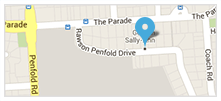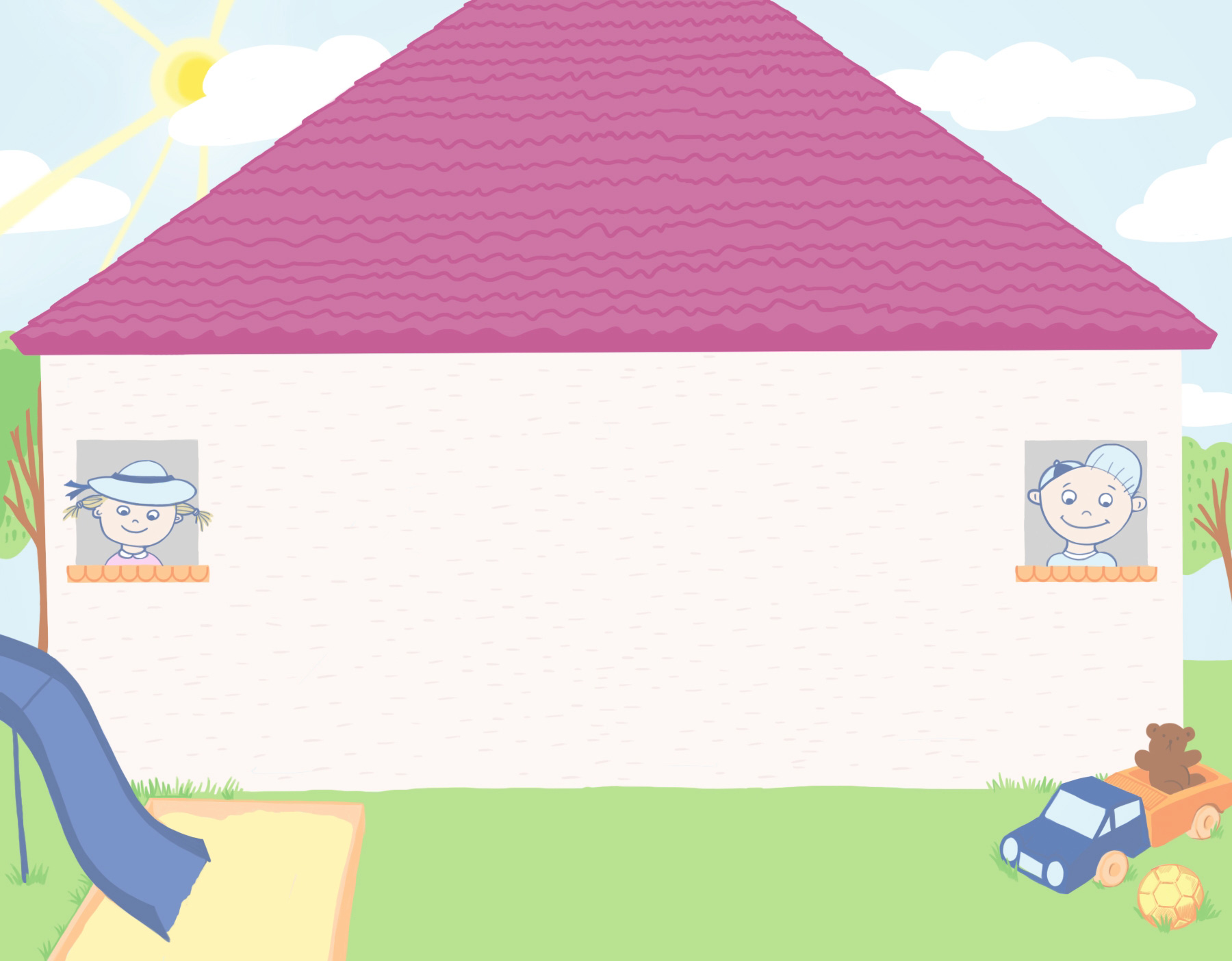-
Remy, the therapy dog has a new friend, Kaylee, who is a Cavoodle. Kaylee is currently undergoing training as a ...
-
Sally-Ann wishes to announce that as of 31st March 2019, she is able to see Private Clients, as well as those ...
Communication Difficulties and Language and Speech Disorders
Referrals for speech and language difficulties come from a variety of sources. These include general practitioners (GPs), Paediatricians, Child Psychiatrists, Audiologists, Psychologists, Occupational Therapists, schools, preschools, early learning centres (ELC), child care centres and CaFHS nurses.
Areas of communication difficulty and language disorders that Sally-Ann can assist with:
Speech: involves saying sounds in words so that people can understand what is being said. For example, a child who doesn’t say words clearly.
Language: involves expressive language (use of words to convey meaning), receptive language (making sense of what is being said), social pragmatic language (combinations of words to make sentences), wording endings and semantics (meanings of words and sentences). Examples of language disorders and delays might include a child having trouble putting words together to make a sentence or understanding sentences or instructions.
Literacy: involves reading, understanding what is read and communicating in written form.
Social Communication (Social Pragmatic Skills): is how we communicate and involves interpreting the context of conversations, understanding non-verbal cues and the social rules of communication that are needed to communicate
every day.
Social Imaginative Play: The ability to play imaginatively is essential for language development to develop. It involves the substitution of one object for another and increases in complexity as the child develops. The same way in which there are stages of development in language, there are stages of development of Social Imaginative Play.
The symbols in play are more concrete and look like the objects they represent whilst the words in language have no resemblance to the objects they represent. Therefore it is important to be able to engage in pretend play first, before language development can develop. (Generally, children on the Autism Spectrum struggle with the development of Social Imaginative Play as it is ‘dynamic’ in nature (i.e. it is forever changing). They tend to engage in ‘static play’ which does not change. They are generally very adept with numbers, colours, letters and puzzles but cannot pretend.) Sally-Ann’s focus in treatment is to incorporate the teaching of Social Imaginative Play because of it’s role in the development of language and the ability for the children to socialise with same-aged peers.





